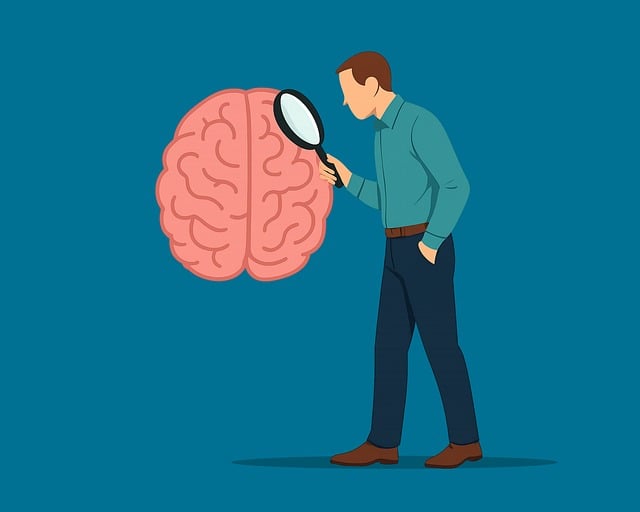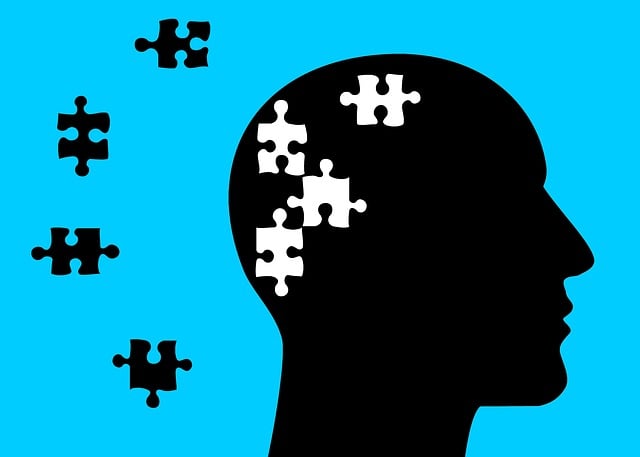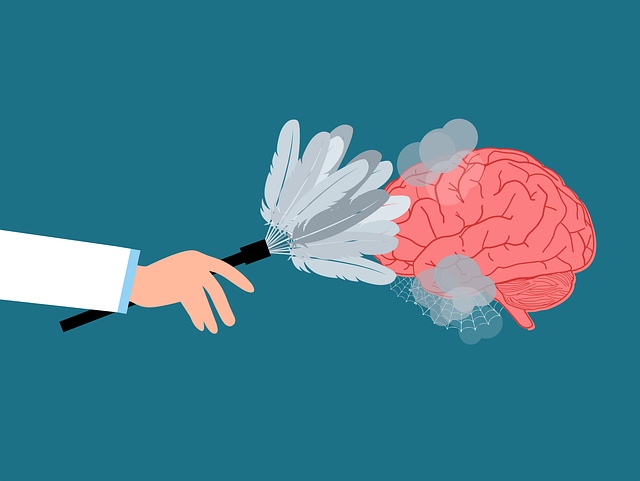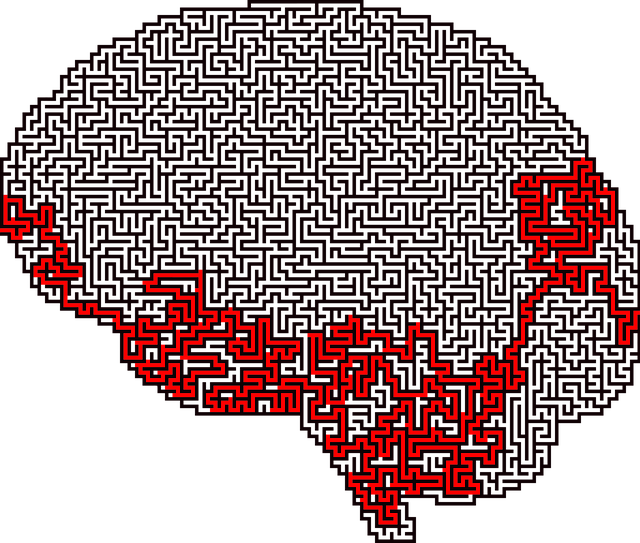Emotional Intelligence (EI) is a powerful tool in Highlands Ranch Grief Counseling Therapy, enabling individuals to recognize, understand, and manage their emotions while fostering healthier relationships, enhancing communication, and aiding in problem-solving. Key EI components like cultural sensitivity ensure inclusive care for diverse clients and reduce mental illness stigma. Risk management planning benefits from EI's ability to navigate complex situations empathetically. Through journaling, meditation, active listening, conflict resolution, and mental health awareness programs, individuals develop self-awareness, empathy, emotional agility, and coping mechanisms, leading to improved decision-making, stronger relationships, and deeper community connections in Highlands Ranch.
Emotional intelligence (EI) is a powerful tool for personal growth and connection, enabling individuals to understand and manage their emotions effectively. This article explores the profound impact of EI, highlighting its benefits in various aspects of life. We provide practical strategies to enhance EI, fostering better relationships and overall well-being. Additionally, we delve into the specific role of Highlands Ranch grief counseling therapy as an innovative approach to building emotional intelligence, offering unique insights for those seeking personal development.
- Understanding Emotional Intelligence and its Benefits
- Strategies for Enhancing Emotional Intelligence
- The Role of Grief Counseling in Building Emotional Intelligence in Highlands Ranch
Understanding Emotional Intelligence and its Benefits

Emotional intelligence (EI) is a powerful tool that equips individuals with the ability to recognize, understand, and manage their own emotions, as well as empathize with and navigate the feelings of others. This multifaceted skillset goes beyond mere self-awareness; it fosters healthier relationships, enhances communication, and promotes effective problem-solving. In Highlands Ranch Grief Counseling Therapy settings, EI plays a pivotal role in creating a supportive environment where clients can process their emotions, build resilience, and develop coping mechanisms tailored to their unique experiences.
Beyond the therapeutic realm, emotionally intelligent practices are integral to various aspects of life. They contribute to better leadership, improved workplace dynamics, and stronger interpersonal connections. For instance, cultural sensitivity in mental healthcare practice, a key component of EI, ensures that professionals can provide inclusive and effective care to a diverse range of clients, addressing not only the symptoms but also the systemic issues perpetuated by mental illness stigma reduction efforts. Risk management planning for mental health professionals also benefits from EI, as it helps professionals navigate complex situations with empathy and calmness, thereby enhancing patient safety and outcomes.
Strategies for Enhancing Emotional Intelligence

Emotional intelligence (EI) can be enhanced through various strategies that are beneficial for individuals seeking Highlands Ranch grief counseling therapy as well as mental health professionals. One key approach is cultivating self-awareness, which involves recognizing and understanding your own emotions and triggers. This self-reflection can be fostered through journaling, meditation, or engaging in activities that encourage introspection. For instance, taking time to process feelings after a significant event can help individuals better comprehend their emotional responses and develop healthier coping mechanisms.
Additionally, developing empathy, a cornerstone of EI, is essential for building strong connections with others. This involves actively listening, seeking to understand different perspectives, and responding with compassion. The practice of conflict resolution techniques can significantly contribute to this process by teaching individuals how to navigate challenging situations with emotional agility. Moreover, mental health awareness programs can equip people with the skills to assess risks related to emotional well-being, ensuring they prioritize their mental health effectively.
The Role of Grief Counseling in Building Emotional Intelligence in Highlands Ranch

In Highlands Ranch, grief counseling therapy plays a pivotal role in fostering emotional intelligence among individuals navigating life’s challenges. This form of therapy goes beyond mere consolation; it equips participants with essential skills to understand and manage their emotions during and after periods of profound loss. Through compassionate cultivation practices, clients develop inner strength, enabling them to cope more effectively with stress and adversity.
Highlands Ranch grief counseling offers a safe space for individuals to process their emotions openly. It encourages self-awareness, helping people recognize and label their feelings accurately. This awareness is crucial for building emotional intelligence, as it allows for better decision-making and improved relationships. By integrating mental health awareness into their lives, participants can enhance their ability to empathize with others, fostering deeper connections and stronger social bonds in their community.
Emotional intelligence is a powerful tool that can significantly enhance our personal and professional lives. By understanding and managing our emotions, we can improve relationships, make better decisions, and lead more fulfilling lives. The strategies outlined in this article offer practical ways to build emotional intelligence, while Highlands Ranch grief counseling therapy provides specialized support for those navigating complex emotions. Incorporating these practices into daily life can foster personal growth, leading to a more balanced and emotionally intelligent future. For those in Highlands Ranch seeking guidance, professional grief counseling offers a valuable pathway to develop resilience and strengthen emotional connections.














